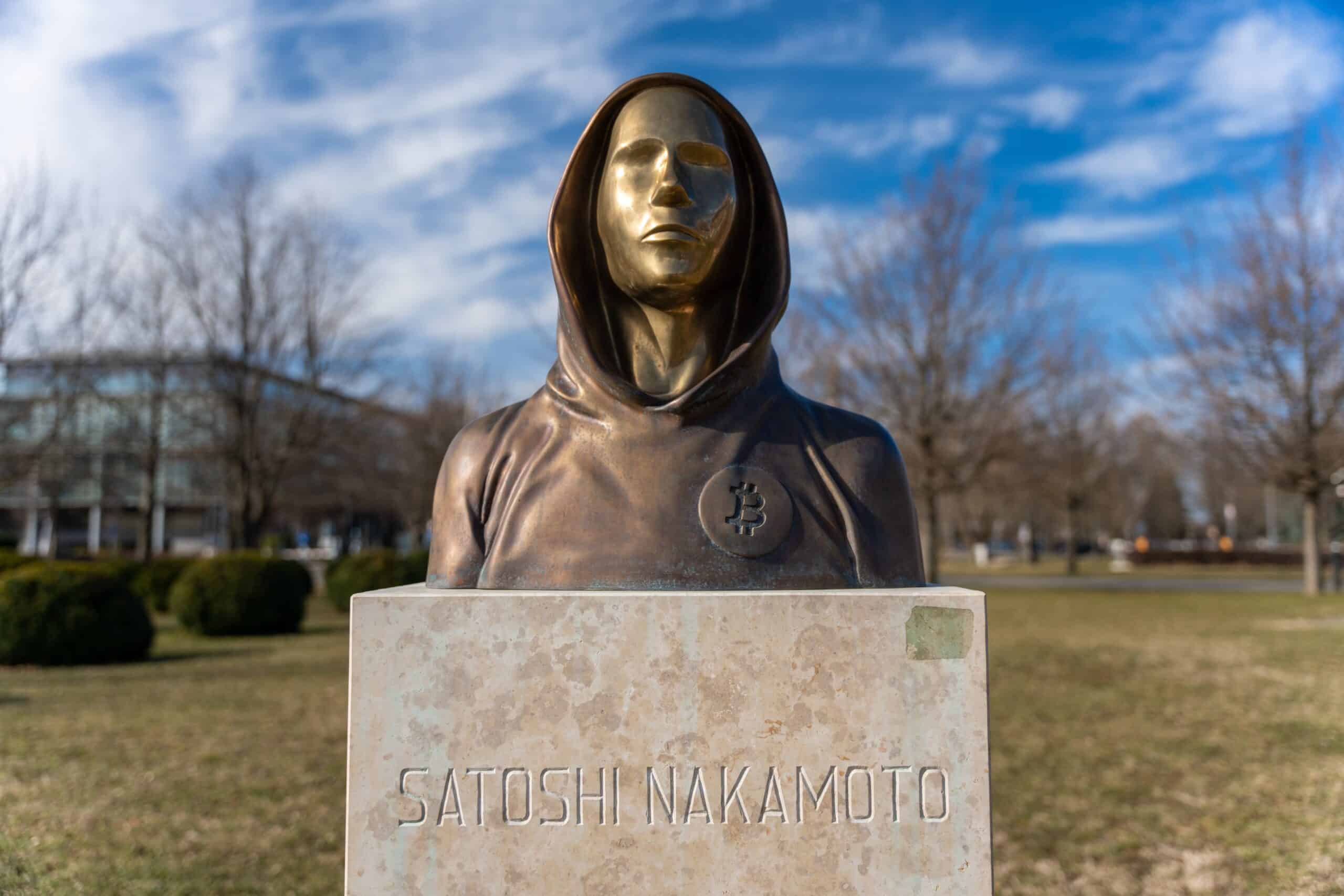Satoshi Nakamoto’s invention of Bitcoin is rightly celebrated for its impact on finance, yet its most profound legacy extends far beyond digital currency. The decentralization movement has given birth to a new form of economic organization where we, the people, can democratically fund, own and operate infrastructure at civilization scale. As we transition from traditional models dominated by governments and corporations to these inclusive networks, we are witnessing the unfolding of a pivotal chapter in the history of human organization.
Satoshi’s vision is catalyzing a shift towards decentralized physical infrastructure networks (DePIN) that can be used in everything from smart-city development for traffic and pollution management, for example, or supply-chain optimization, or enabling decentralized personal health records, and what this means for our collective future.
Civilization is built and balanced by many billions of economic decisions every single day. A father decides to buy free-range eggs, a local café chooses a supplier for its coffee beans, a teenager picks out a new smartphone, and millions of dollars get spent building the metaverse. The emergent intelligence of the free market helps us allocate resources, price goods, and coordinate. At an accelerating rate, the countless decisions that constitute the free market are being made on our behalf by increasingly intelligent machines, reflecting the daily pulse of human activity and economic exchange
In the artificial intelligence economy, most economic activity happens beyond the scope of human attention. The world will soon grow to a population of over 100 billion thinking, productive AI entities transacting with each other, collaboratively consuming, producing and directing the cumulative energy of our civilization. Between the artificial intelligence of our new companions and the emergent intelligence of the free market, the economy will trend towards more efficiency, better outcomes, and a greater society — if we can avoid the dangers that lie ahead.
The rise of AI puts us on the precipice of the most radical shift to the human economy yet. Within the next two decades, the economy will not only grow a hundredfold, but its nature will also change in really fundamental ways. Capitalism itself is getting a software update, with new forms of economic organization emerging to challenge the historic hegemony of governments and corporations. Most impactful of all, perhaps, is the enablement and emergence of decentralized physical infrastructure networks (DePIN) funded, operated and owned by the people at civilization scale.
The Decentralization Movement
The wondrous machine of capitalism is not without its bugs and deficiencies, and it will sometimes fail at producing desirable outcomes for the population. One alarming trend is growing wealth and power disparities. As wealth and power accumulate in fewer and fewer nodes of the economy, emergent intelligence is severely impacted. Fewer agendas and interests are being served, and the top of the economy has more and more power to exert their will over the rest of us.
The new economies of data gathering and algorithmic content-serving have made the world’s largest tech companies almost unimaginably powerful. Companies like Google, Meta and X can monitor, measure and modify public sentiment with their almost godlike access to our collective psyche.
Governments and corporations are duking it out over control of our collective destiny, but new technological developments are giving the people an opportunity to form new collectives and networks that can challenge and outperform governments and corporations at scale.
Read more: Satoshi’s Emails to a Bitcoin Co-Developer: The 5 Most Revealing Quotes
In the wake of Satoshi Nakamoto’s invention of Bitcoin, a decentralization movement has been birthed that has laid down the technological and economical plumbing for these voluntary collectives and networks. Thanks to new forms of economic ownership, new means of value transfer, new forums for economic exchange, and new memes to coordinate and inspire us, history will recognize Satoshi’s true legacy as laying the foundations for the democratic ownership of civilization’s infrastructure.
DePIN and Democracy
Decentralized physical infrastructure networks allow people to pool their physical resources in equitable and efficient ways to provide a service. Ambitious projects that could once only be funded and managed by governments and corporations can now be managed by the emergent intelligence of the free market, and funded and owned by the people.
Just as Airbnb and Uber increased the utilization rate of existing physical infrastructure like our homes and cars, DePIN is helping us deploy and utilize our computers and sensors more productively. Projects like Helium showed that people can come together to distribute a whopping 900,000 physical hardware nodes to provide long-range wifi for IoT devices. In the Spanish city of Valencia, for example, the Helium protocol is used to support over 130 air quality sensors to provide critical data on energy usage and environmental conditions, especially in low-income neighborhoods. And the massive interest and resources directed towards the metaverse in 2021-22 prove that we have entered a new economic era when the people, empowered by the technology of the decentralization movement, can fund, operate and own the infrastructure of civilization.
Satoshi’s legacy is not the invention of Bitcoin, but this new economic era of democratic participation and a path forward for humanity and its collaborators to control their own destiny. From governments to corporations, to decentralized networks – the history of human organization has entered its next chapter.
Nils Pihl, CEO and Founder of Auki Labs, is an entrepreneur, behavioral engineer and social transhumanist specializing in the intersection of modern technology and human behavior.


